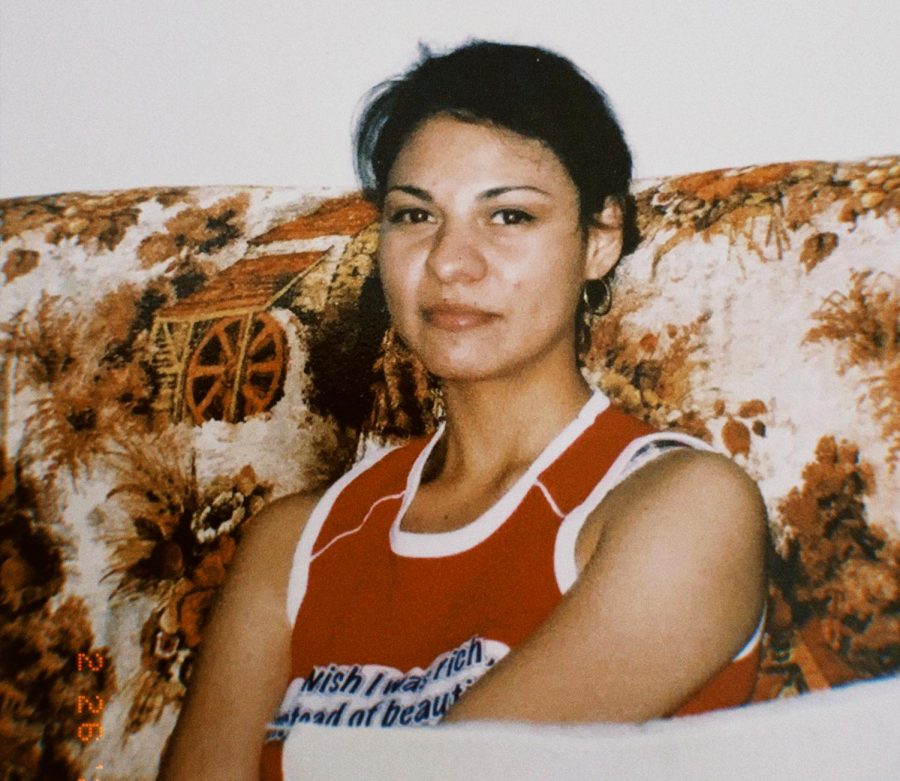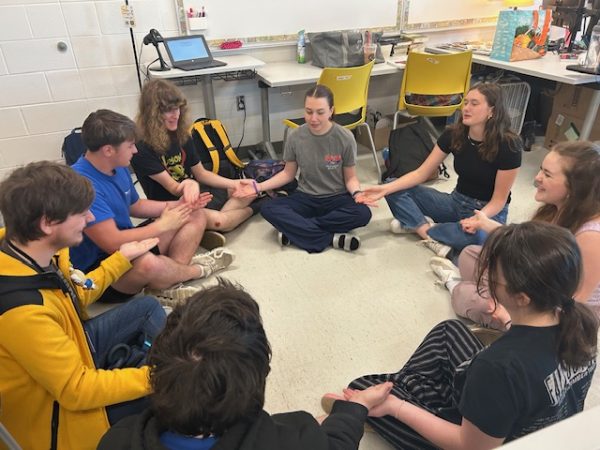Journey of a Female Immigrant
According to statistics, about 52% of the immigrant population are female and 58% of them are male. My mother is an immigrant and this is some of her story.
Why take such a risk and immigrate to the U.S.?
This is the first question that most people wonder, I especially really wanted to know more about a female leaving everything behind and migrating to a country that she is very unfamiliar with. What risks did she take? What was the journey like? I managed to get all the answers to my questions from my mom’s own experience.
Her answer was very common and reasonable, “I migrated to the U.S. because I wanted a better life for my children and because my living condition in Mexico wasn’t the best.”
What was it like coming to the U.S. especially knowing that you have to leave everything you had behind and not knowing the language from the U.S.?
“To be honest at first you don’t think about the risks, you just go for it not knowing what could really happen along the way but the further you travel the more you start to tell yourself, Why did I do this? because you really don’t know what to expect, and you hear from the coyotes that guide you and other people around you that half the people that take the risk to migrate don’t make it out alive.”
What is one of the scariest things that every female is aware could happen to them?
“When you start the journey, there’s no going back and if you can’t keep up with everyone’s pace then you will be left behind and you have no choice but to follow and do everything the coyotes tell you to do, after all, you did pay them to guide you. Lots of females get raped during the journey; I’m very grateful and lucky that I didn’t have to go through that but those who do, have no choice but to keep everything to themselves and live with it for the rest of their lives and of course keep quiet or you will only face more problems.”
What types of struggles do you have to put up with along the way?
“Everyone does have a different experience but something that I can say most people had to put up with was starving and having no water for days. I remember that before you begin the journey the coyotes always tell you not to take many things, so along the journey most people only take one or two gallons or bottles of water or most don’t take anything at all, and even those who do take a backpack with stuff end up leaving it behind somewhere because we are always running from place to place to not get caught by ICE, those who bring money with them will only be left with no money because the coyotes will take everything from you and leave you with nothing, We go several days with no sleep and no matter how exhausted we are we can’t just sit down and rest.”
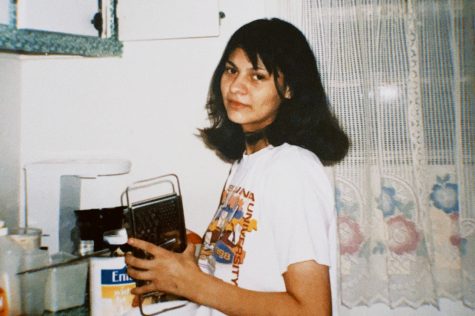
What was it like when you got to the U.S.?
“It was not like anything that I imagined when I finally arrived in the U.S. I honestly regretted coming because I didn’t speak the language, the food was very different, and I just wasn’t used to anything. The first years were really tough for me because not only did I come to a totally different country but after being in the U.S. for a few years I had two daughters, became a single mother, and had very little money and support from my family or anyone.”
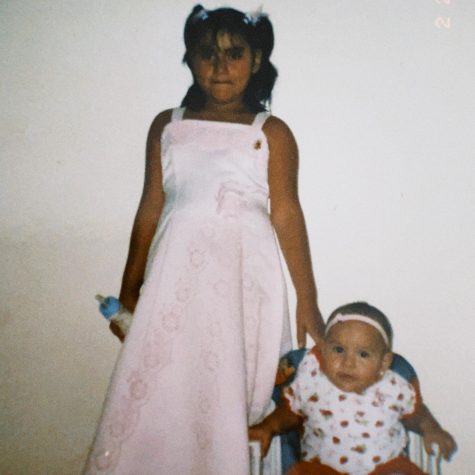
What was life like as a single mother?
“It was really hard, of course, I still remember all the times my girl’s father would be in and out of jail for hitting me and being very toxic after he left me with the two little girls. I had no money left because all the money I had earned was wasted on getting him out of jail. The day that he left, I had no money to pay the rent and bills for the next day so I had no choice but to go out and find a job.”
What was finding a job like?
“Finding a job is probably one of the hardest things to find when you come to the U.S. because you have no papers, you aren’t a citizen in the country and you don’t know the language well enough to understand anything. The only job I could work at was at a horse farm, that’s where I spent many years working and met my current husband.”
How did you feel when you finally became a U.S. Citizen after all these years?
“I became a U.S. Citizen last year (2019-2020) and I was so proud of myself because of all my hard work; I was proud to see my children very excited because I had really done it. At first, it’s nerve-racking because you have to memorize every detail about every historical event and so on about the United States and your grammar, pronunciation, and spelling has to be perfect, or else you won’t pass the test. I honestly felt a lot of pressure, it was as if I was going to school again but not in Mexico. But it was worth it cause here I am now finally a U.S. Citizen at 36 with six children and not a single mother.”
Is there any advice you would like to give or say to anyone?
“Migrating and becoming an immigrant isn’t easy especially at a very young age and it’s a huge risk but all we want is the best for our children so that they won’t have to struggle as we did and so that they have a better life and education than what we had. I feel that not many people talk about their experience or what it’s really like to be an immigrant/migrant and there’s so much that still to this day hasn’t changed, there’s so much that happens in our daily lives but we can’t really do anything about it because not everyone can be in our shoes.”
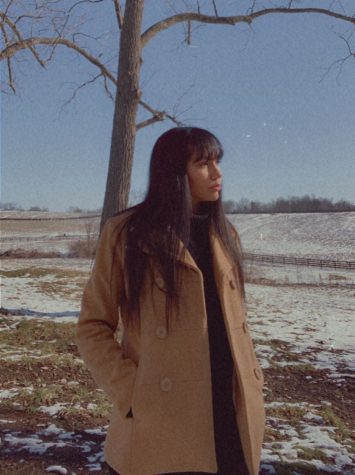
Ashley Flores is a freshman at WCHS. She originally started her freshman year at Paul Laurence Dunbar but now is a transfer student at WCHS, so, this is...

